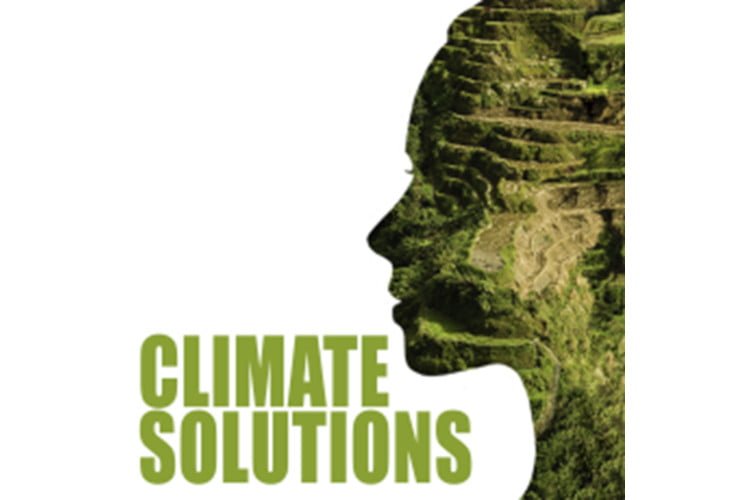
Season 3 of Climate Solutions podcast by European Investment Bank to launch
A new season of Climate Solutions, the podcast by the European Investment Bank that investigates and explains the true meaning of Green Finance will launch on World Earth Day, 22 April.
Hosted by Matt Rees, the award-winning podcast returns for its third season, celebrating the launch of the upcoming audiobook ‘A Dictionary of Green Finance’, which will be released by the European Investment Bank in June 2021.
Matt says: “What’s the difference between sustainable finance and green finance? What is climate finance? There are so many buzzwords used to describe this crucial field right now, and yet there’s not much understanding of what they stand for.
“We’re doing this podcast, so people will understand what politicians, activists and economists are talking about. It’s important because our futures all depend on this stuff.”
The new series features 15 short-form episodes, with the first exploring ‘the glossary of Green Finance’, including all of the important terms you need to know and why. Among those are ozone depletion, Montreal Protocol, greenhouse effect, climate neutrality, greenhouse gases, carbon offsetting, and climate change, amongst many others.
Future episodes will deal with terms such as climate finance, climate mitigation and adaptation, greenwashing, triple bottom line and natural capital.
Kicking off the episode by asking the question ‘Whatever happened to the ozone hole?’ Matt shares the story of ‘how we saved the planet, and how we need to do it again.’
“In 1973, two scientists at the University of California, Mario Molina and Sherwood Rowland, discovered that chlorofluorocarbons, harmless gasses used in refrigerants, aerosol sprays, and the making of plastic foams, were destroying the earth’s ozone layer,” says Matt, describing the biggest environmental disaster humanity had encountered. “Their discovery frightened people across the globe.
“There was immediate pressure on governments to introduce laws to eliminate these compounds. But why? Because the ozone layer functions as the Earth’s natural sunscreen, protecting humans, animals, and plants from harmful radiation. Once a hole in the ozone layer above Antarctica was discovered in 1985, the world decided to act.”
Following the concern this discovery caused, Matt describes the gathering that took place in Montreal as world leaders tried to protect the ozone layer: “Countries agreed to begin phasing out the production of numerous substances that were responsible for ozone depletion. Since then, the Montreal protocol has been hailed as the most successful international environmental agreement.”
The implementation proved that humanity could work together to solve an eminent environmental issue. However, we still need to make it a priority.
Matt goes on to explain that there are still gaps in our environmental efforts, including the link between global warming and human activity, specifically the continued burning of fossil fuels. He says: “Global warming didn’t immediately galvanise international reaction as ozone depletion had done. It’s still very much a problem. It’s humanity’s most immediate threat.
“Why have we been so slow to act, especially considering that scientists first argued that human emissions of greenhouse gases could change the climate in the 19th century?”
Concluding the episode, Matt highlights the importance of The European Green Deal, the plan to make the EU’s economy sustainable, and why our only answer is Green Finance.
Climate Solutions is available on Apple, Spotify, Acast, and all major podcast platforms from 22 April.

